 Welcome
Welcome
“May all be happy, may all be healed, may all be at peace and may no one ever suffer."
- A
- B
- C
- D
- E
- F
- G
- H
- I
- J
- K
- L
- M
- N
- O
- P
- Q
- R
- S
- T
- U
- V
- W
- X
- Y
- Z
Lymphatic vessel - Diseases
Lymphatic vessels are a network of thin tubes that are part of the lymphatic system, which is a crucial part of the immune system. These vessels are responsible for transporting lymph, a fluid that circulates throughout the body and plays a key role in immune function.
The lymphatic vessels are similar in structure to blood vessels but have some key differences. Unlike blood vessels, which are pumped by the heart, lymphatic vessels rely on the contraction of muscles and the movement of body tissues to circulate lymph. The lymphatic vessels are also more permeable than blood vessels, allowing for the easy entry of cells and particles into the lymphatic system.
The lymphatic vessels transport lymph from the body's tissues to the lymph nodes, which act as filters to remove foreign particles and bacteria. The lymphatic system also plays a role in the absorption of fats from the digestive system, as lymphatic vessels in the intestines absorb fats and transport them to the bloodstream.
Various conditions can affect the lymphatic vessels, including lymphedema, a condition in which excess fluid accumulates in the tissues due to damage or blockage of lymphatic vessels. Treatment for lymphatic vessel conditions may include compression therapy, massage, or surgery to remove the affected vessels.
In summary, lymphatic vessels are a network of thin tubes that transport lymph throughout the body as part of the immune system. They rely on the movement of muscles and body tissues to circulate lymph and play a role in filtering foreign particles and bacteria. Various conditions can affect the lymphatic vessels, and treatment depends on the underlying cause.
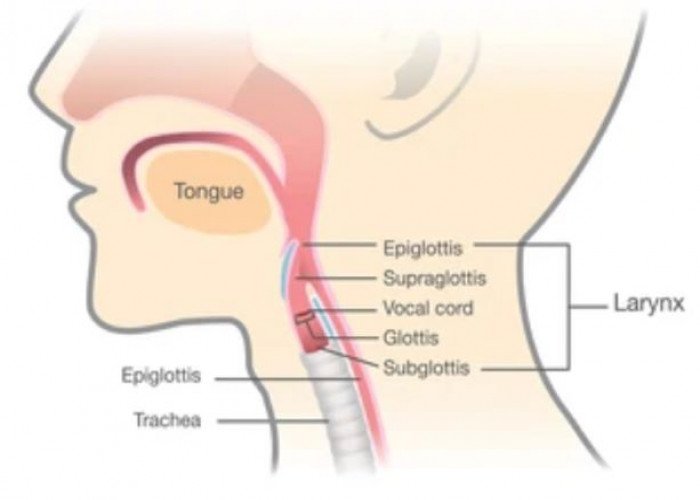
Larynx
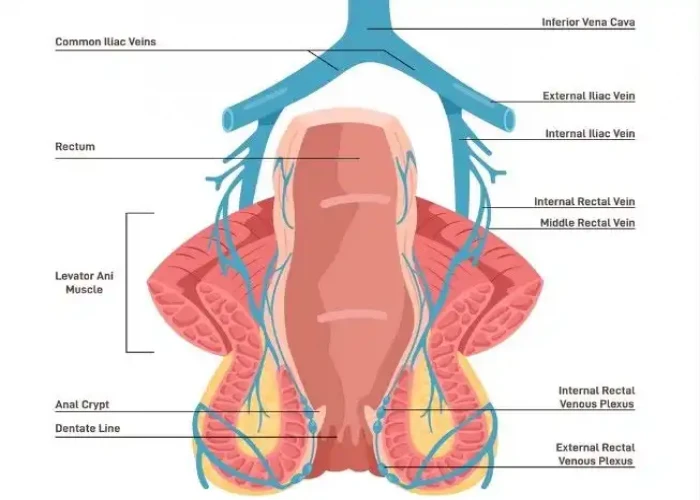
Anus
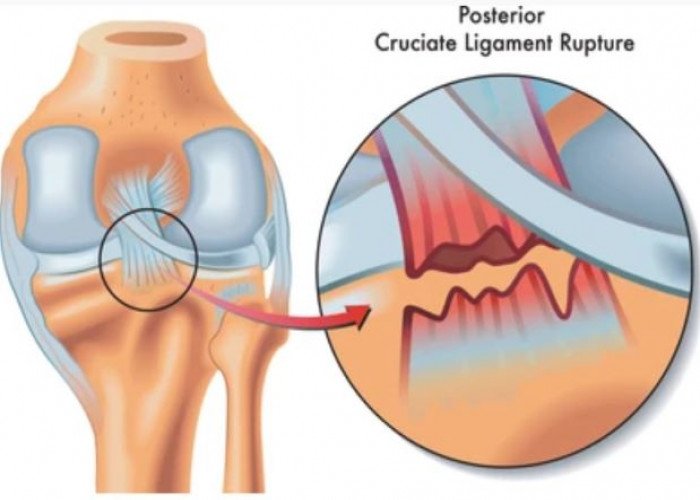
Ligaments

Achilles

Iris Eye
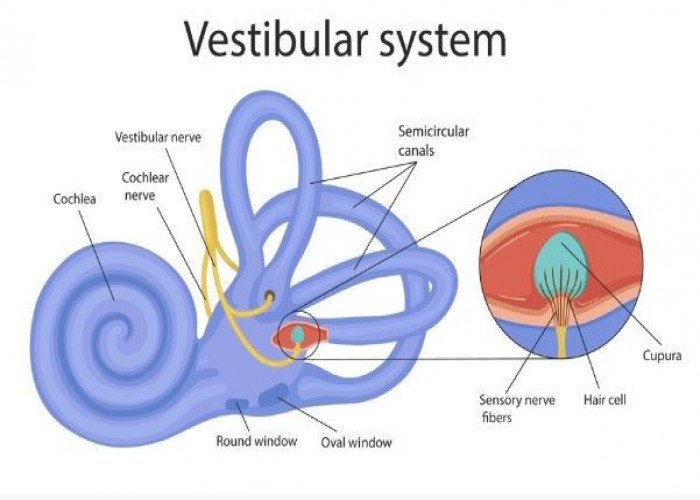
Vestibule of the Inner ear
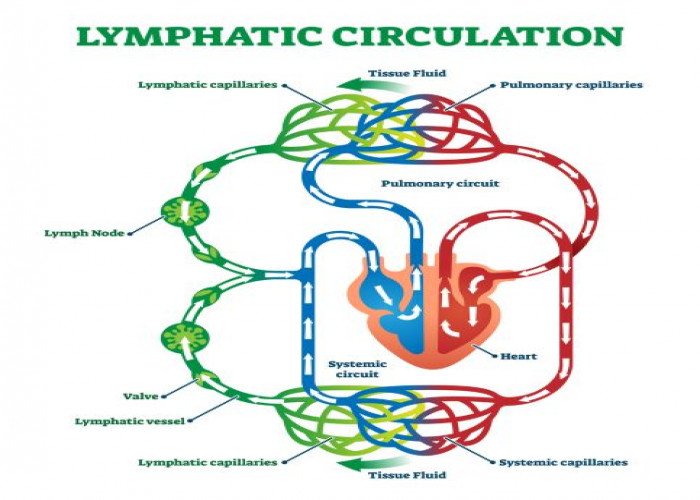
Lymphatic vessel
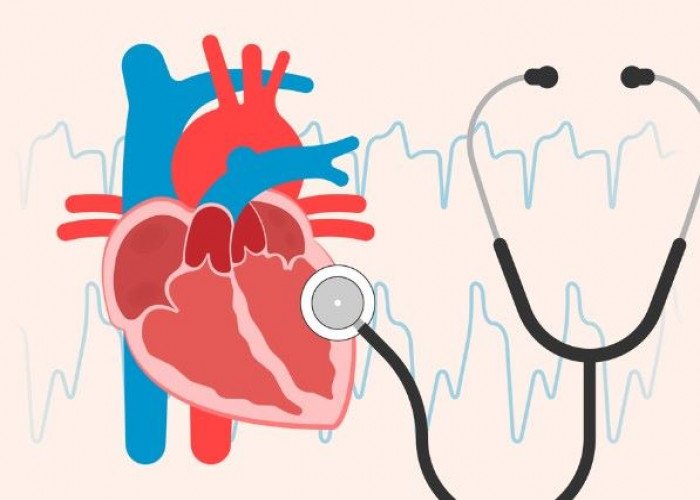
Patent Foramen Ovale
Lymphatic vessel, Lymph vessels, লিম্ফ্যাটিক ধমনী
To be happy, beautiful, healthy, wealthy, hale and long-lived stay with DM3S.